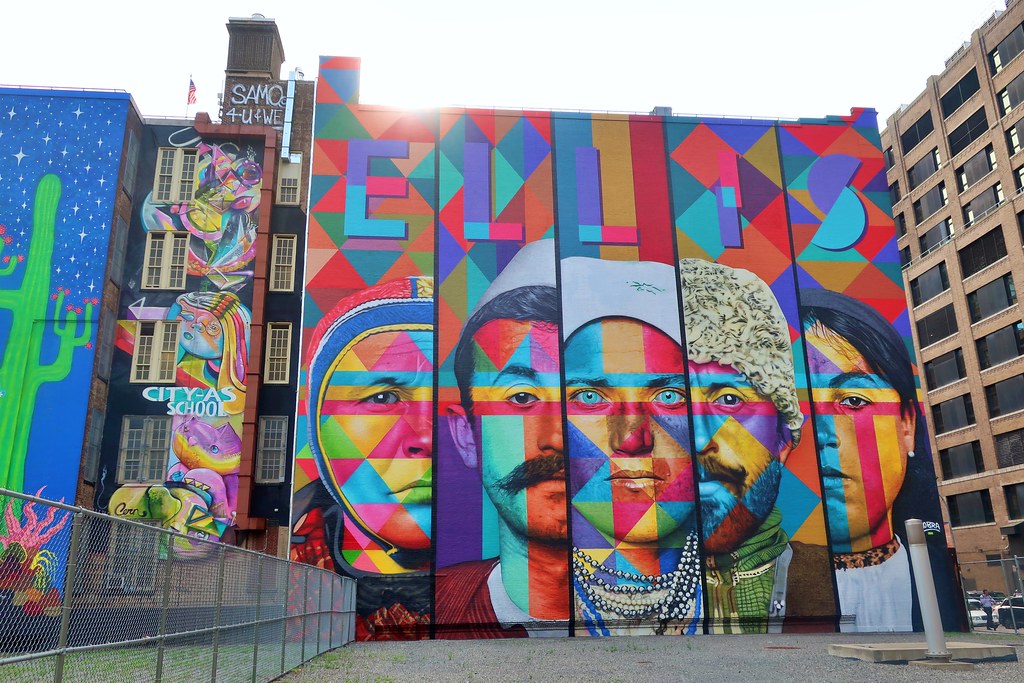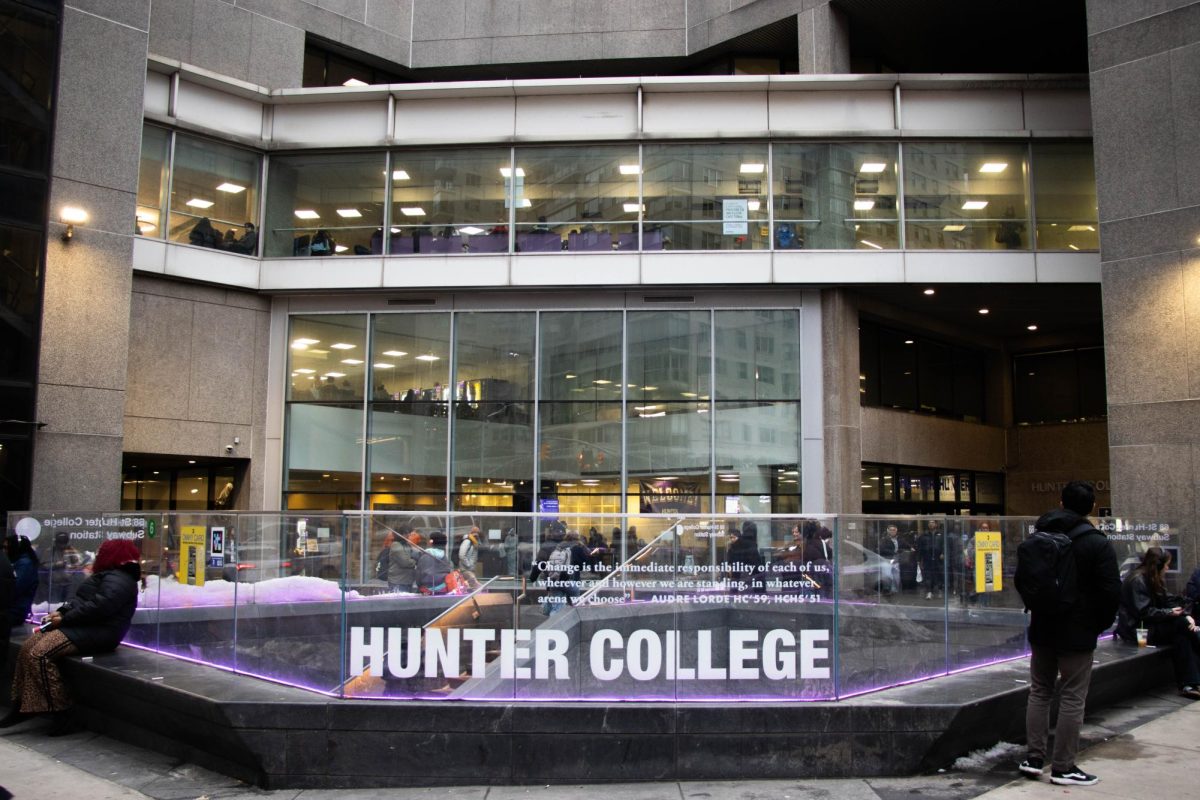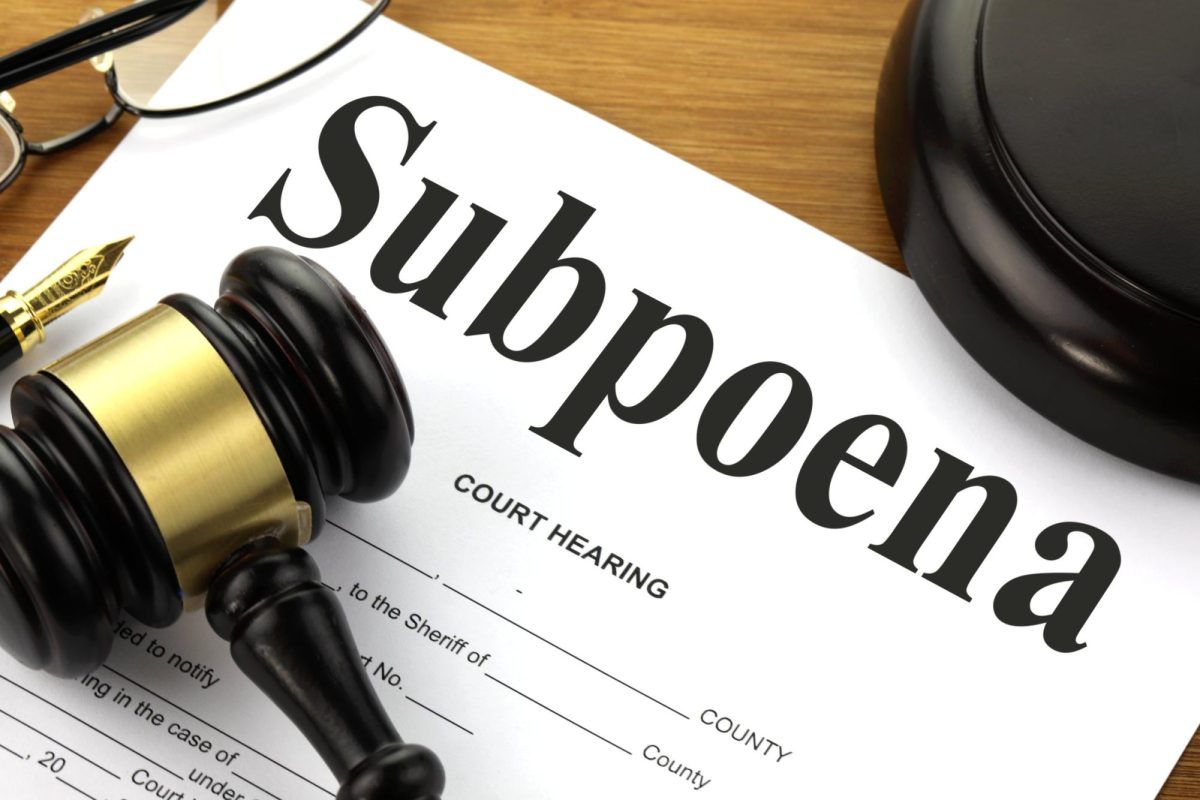The propagation of unlicensed cannabis retailers undermines the social and economic equity initiative created by the legal weed market. New York State’s attempt to mitigate the harm done to New York City’s economy through storefront inspections and fined evictions is necessary.
The Marihuana Regulation and Taxation Act, legalized in March 2021, permits adult use and possession of cannabis in New York State. Adults who are 21 or older can now possess up to 3 ounces of cannabis and 24 grams of concentrated cannabis in the form of vaporizers or edibles.
The Cannabis Control Board currently governs the Office of Cannabis Management, an agency created by the MRTA. The OCM issues licenses and develops regulations that guide how and when businesses can participate in the cannabis industry.
The regulatory framework and aim of OCM is to create social justice, protect public health and facilitate economic development. Marijuana regulations in NYC encourage members of disparaged communities to participate in the new industry ethically and lawfully.
This would benefit individuals of underprivileged backgrounds and avert them from disproportionate criminalization by prohibition policies.
Furthermore, the legal weed market ensures quality assurance for its consumers but the same cannot be said for illegal distributors. OCM regulates standards for production and manufacturing of cannabis including strict product testing, labeling, packaging and advertising to ensure consumer safety.
Unlicensed cannabis dispensaries in NYC not only place legitimate businesses at a disadvantage but also counteract social equity efforts by attracting unnecessary crime and violence in disparaged communities.
The Cannabis Control Board and the OCM must comply with the New York Social and Economic Plan when passing licenses to cannabis businesses.
The goal of NYSEE is “the promotion of racial, ethnic, and gender diversity when issuing licenses and the promotion of diversity in commerce, ownership and employment, and opportunities for social and economic equity in the regulated cannabis industry.”
NYC has taken serious measures against illegal vendors to protect consumer safety and proliferate the city’s economy through recent inspections.
Enforcement actions against unlicensed cannabis businesses have been ongoing since June 7.
The three types of certifications needed in NYS are Licensed Adult-Use Conditional Cultivators, Adult-Use Conditional Processors and Conditional Adult-Use Retail Dispensary. Any business without one of these licenses will be fined or shut down.
Interagency efforts between the OCM and Department of Taxation and Finance have led to 33 storefront inspections of unlicensed businesses selling cannabis. On June 22, Gov. Kathy Hochul announced in a press conference that 1000 pounds and $11 million in illicit products were seized.
Moreover, city council members announced back in August that landlords would be fined if they are found knowingly renting to illegal cannabis dispensaries.
The landlord will first receive a warning letter from the city to evict the entity renting their premises. If the business is not evicted by the re-inspection of the premise, a $5000 fine will be given for the first violation and $10,000 for the second violation.
The OCM enforcement director stated in an CNBC interview that their objective is inspecting as many unlicensed businesses as possible. The state views the illicit sales from these stores as both a legal and economic issue.
New York has a 13% retail tax on marijuana products and additional taxes based on the product’s tetrahydrocannabinol or THC level — the psychoactive component of marijuana.
A report by NYC’s Independent Budget Office found that an estimated $484 million worth of marijuana merchandise are held by unlicensed retailers. If these goods were sold legally, the city would receive $19.4 million revenue from sales.
The profit could be used for positive improvement in the city and given back to taxpayers.
New Yorkers should be mindful of the opportunities lost from their community when becoming consumers of illegal cannabis retailers. For instance, the MRTA, through the New York State Community Reinvestment Grant Fund, aims to invest 40% of tax revenue toward rebuilding and upbringing communities impacted by the war on drugs.
Regulated marijuana has benefited New York overall, guarding the well-being of marijuana enthusiasts and their communities.







Jason Harvey • Oct 3, 2023 at 2:36 pm
Great post! It’s crucial to note that the effectiveness of regulated dispensaries in promoting social and economic equity depends on the specific regulations and policies in place. Proper implementation, community engagement, and ongoing assessment of these programs are essential to ensure that the benefits of the legal cannabis industry are equitably distributed among all members of society.